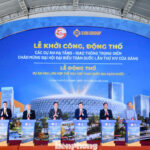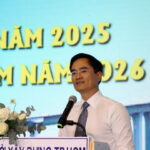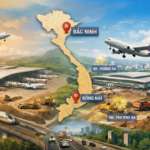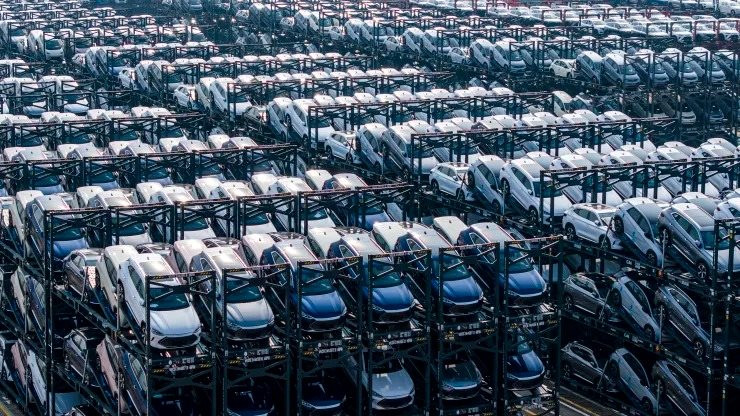
In the race against Tesla, BYD is expanding its operations internationally despite increasing barriers from the US and Europe. The company based in Shenzhen has entered several countries and achieved immediate success within just a year of entering. Due to uncertain policies in major markets like the US and Europe, BYD is trying to increase its sales abroad by moving production to friendlier regions.
BYD is looking to quickly advance in the market, starting with Thailand – where the company has its first factory outside of China. The factory is set to begin operations later this year. According to data from Marklines, this automaker has surpassed Thailand to become the top-selling electric vehicle brand in Thailand in January, despite not having sold any models there the previous year.
After it starts operations, the Thailand factory could serve the rest of Southeast Asia. EY predicts that the electric vehicle market in the region will experience exponential growth, reaching at least $80 billion in annual revenue within the next decade.
BYD is asserting its position as the best-selling electric vehicle brand in Southeast Asia, with a market share of over 1/3 last year, according to data from Counterpoint Research.
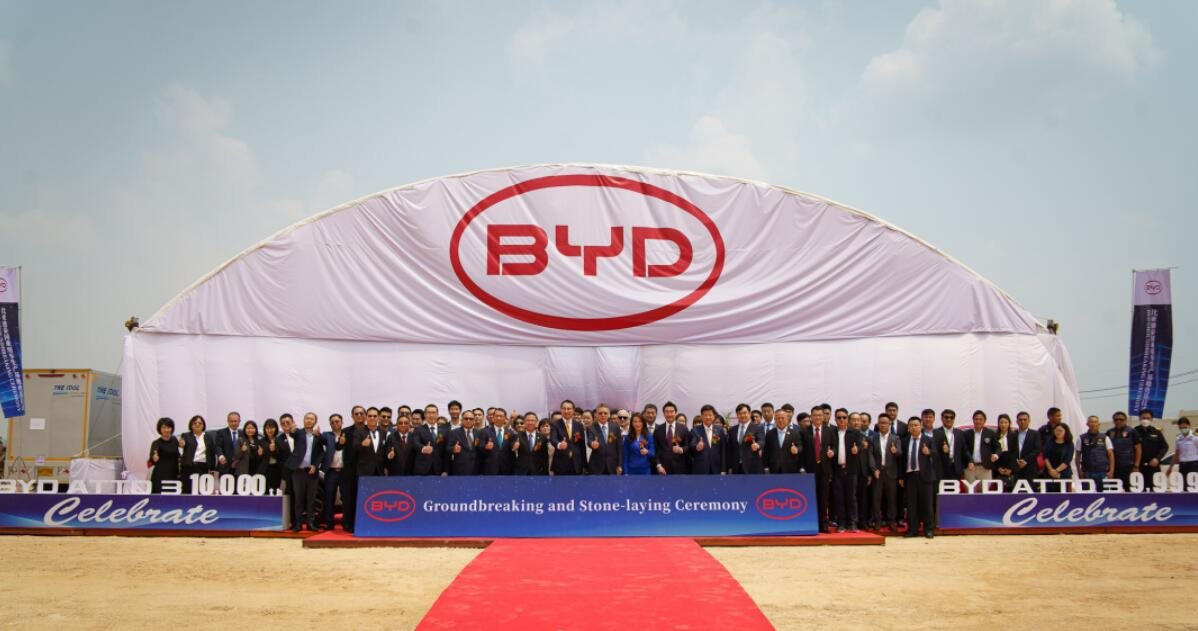
BYD groundbreaking its factory in Thailand.
Dueling with Tesla
BYD sold 70,000 electric vehicles in Southeast Asia last year, capturing a 35% market share, surpassing competitors like VinFast and Tesla, according to Counterpoint Research.
One of BYD’s advantages over Tesla is the number of products it offers to the mass market, as well as the combination of hybrid and battery electric vehicles. Tesla only produces battery electric vehicles, which are also priced higher. Having additional choices benefits emerging markets, where charging infrastructure is limited.
According to Canalys automotive analyst Alivin Liu, Southeast Asia can still be BYD’s strongest overseas market in the near future as the company aims to double its car exports to 500,000 units by 2024.
“The Southeast Asian electric vehicle market is still in its early stages and consumer habits are being cultivated,” Liu said, adding that “cost-effectiveness” is particularly important with models like the BYD Atto 3 and Dolphin.
The company is also investing $1.3 billion to build an electric vehicle manufacturing plant in Indonesia by 2024, local media reported in January. This year, BYD also plans to significantly increase the number of its stores in Singapore and the Philippines.
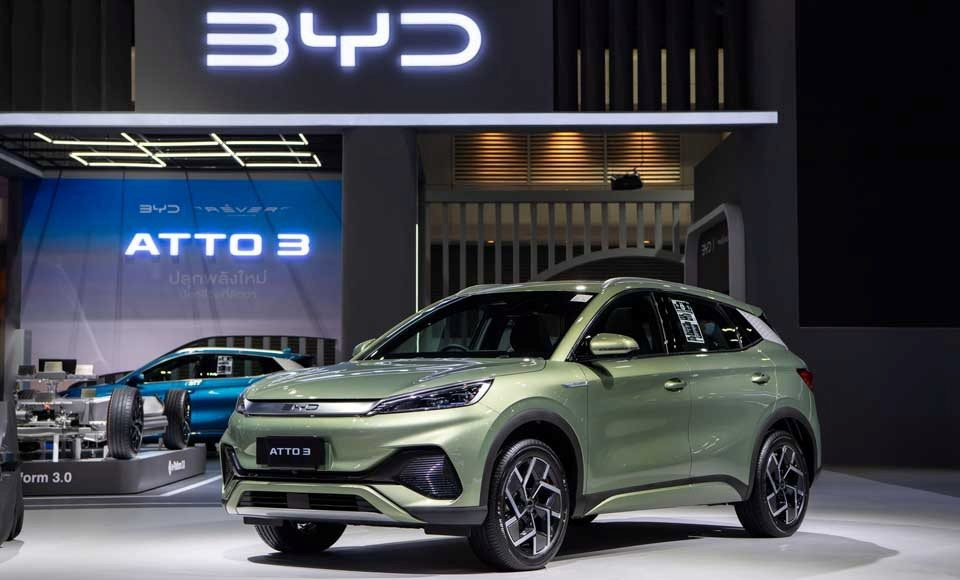
Atto 3 – BYD’s flagship electric vehicle model in many markets.
Although BYD did not disclose the specific investment figures for each market, the company revealed that it poured $11.3 billion in funding related to cars in the first 6 months of 2023, nearly double the amount for all of 2022.
In contrast to Tesla’s direct sales model, BYD relies on distributors or local partners to beat rivals in domestic markets. For example, BYD signed a distribution agreement with Sime Darby Motors in Malaysia at the end of 2022.
American and European Dreams
While the US remains cautious of Chinese electric vehicles, BYD is expanding in Brazil and eyeing Mexico – a country next to the US. Stella Li, BYD’s head of the Americas, told Reuters that the company is considering plans to build a plant in Mexico.

Atto 3 – BYD’s flagship electric vehicle model in many markets.
If BYD constructs a plant in Mexico, it could become a “bridgehead” for the company to access the Americas market, according to Bill Russo, founder and CEO of Automobility. “Mexico is part of the USMCA, so the company has the opportunity to export from Mexico to North America,” he said, referring to the free trade agreement that the US, Mexico, and Canada signed in 2020.
BYD has no plans to sell cars in the US, Li said in late February.
China is still BYD’s largest market to this day. Out of over 3 million new energy passenger vehicles that the company produced last year, only more than 242,000 were exported.
“BYD needs to seek more opportunities abroad, in other regions,” said Liz Lee, Associate Director at Counterpoint Research.
BYD announced late last year that it will open a factory in Hungary in January and begin production within 3 years. This news came just months after the European Union launched an investigation into the role of subsidies for Chinese electric vehicles.
BYD also sells cars in Australia, the Middle East, and Africa, while it is also ramping up production at its joint factory in Uzbekistan.
Source: CNBC




